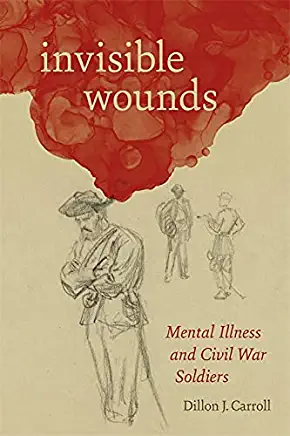
description
2Dillon J. Carroll's Invisible Wounds examines the effects of military service, particularly combat, on the psyches and emotional well-being of Civil War soldiers--Black and white, North and South. Soldiers faced harsh military discipline, arduous marches, poor rations, debilitating diseases, and the terror of battle, all of which took a severe psychological toll. While mental collapses sometimes occurred during the war, the emotional damage soldiers incurred more often became apparent in the postwar years, when it manifested itself in disturbing and self-destructive behavior. Carroll explores the dynamic between the families of mentally ill veterans and the superintendents of insane asylums, as well as between those superintendents and doctors in the nascent field of neurology, who increasingly believed the central nervous system or cultural and social factors caused mental illness. Invisible Wounds is a sweeping reevaluation of the mental damage inflicted by the nation's most tragic conflict.
member goods
No member items were found under this heading.
Return Policy
All sales are final
Shipping
No special shipping considerations available.
Shipping fees determined at checkout.







